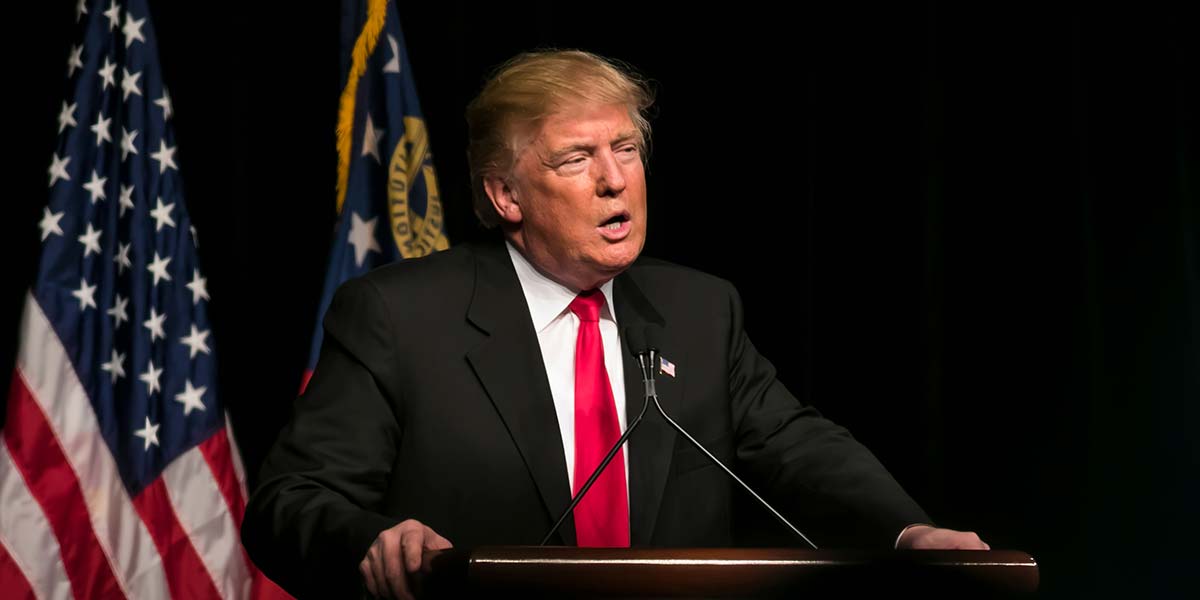US President Donald Trump signed an order on Monday that would impose 25% tariffs on steel and aluminum imports. These tariffs, set to take effect on March 4, will impact various industries that rely on these metals, such as transportation, construction, and packaging.
Following Trump’s announcement on Sunday, several steel producers, such as Cleveland-Cliffs, Nucor, and US Steel, have seen their shares rise. The US is expected to be the biggest winner from these tariffs.
Over the past decade, US steel imports have significantly decreased, falling 35% between 2014 and 2024. This decline is mostly attributed to tariffs Trump implemented during his first term. Its aluminum imports, however, have increased by 14%, with exports of the metal also rising since 2020.
An analyst from a commodity pricing consultancy CRU suggests that while the tariffs may initially damage demand, they could lead to increased investment in the long term. CRU also stated that the investment in the US steel and aluminum sector has risen after Trump’s 2018 tariffs.
During his first presidency, Trump imposed tariffs on steel and aluminum from Canada, Mexico, and the European Union, and also placed volume limits on imports from various other nations.
The Congressional Research Service reported that the Trump administration collected more than $1.4 billion in revenue in the first five months of the earlier policy. In 2024, the US imported steel from 79 countries and aluminum from 89 countries, with a total import value of over $49 billion.
Other countries, however, are likely to be negatively affected by these tariffs, especially Canada and Mexico. Although these two are among many major exporters of steel and aluminum to the US and also earned temporary exemptions from blanket duties, they are expected to be among those most impacted.
Germany, another major steel exporter to the US, is also likely to be negatively affected. However, German steelmaker Thyssenkrupp anticipates a “very limited impact” as its primary market is Europe. Furthermore, only high-quality niche products are exported to the US, with much of its production for US customers taking place within the US.
Asian exporters like South Korea, Vietnam, and Japan are also likely to experience the impact of the new tariffs. Notably, imports from Vietnam have increased by over 140% compared to the previous year, and Taiwan’s steel exports to the US have risen by 75% in 2024.





